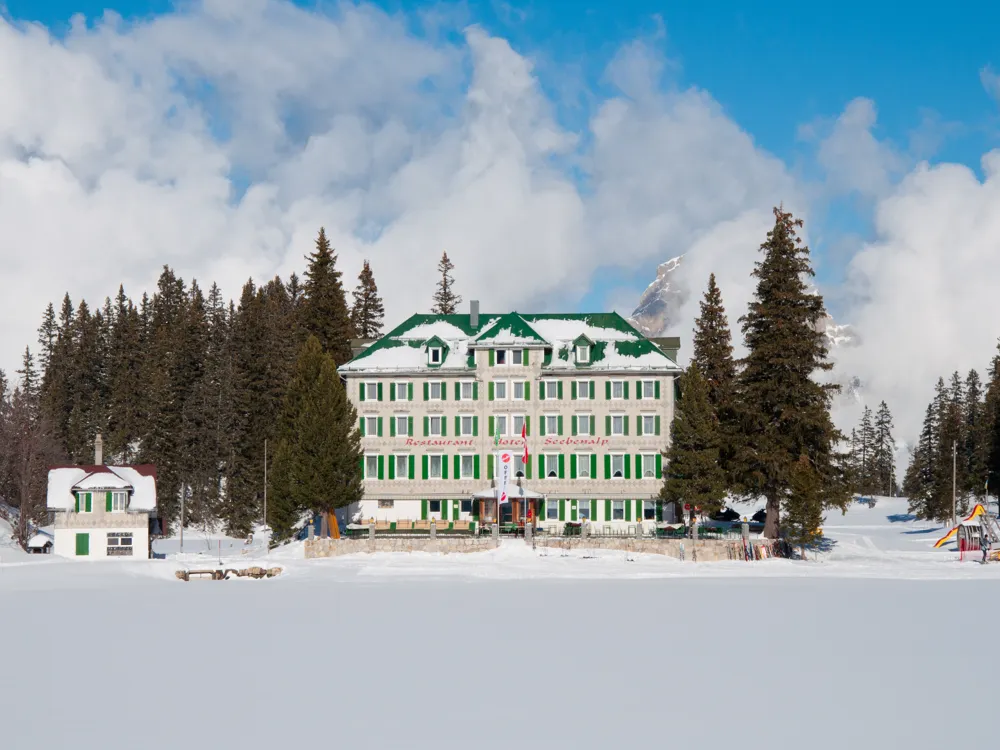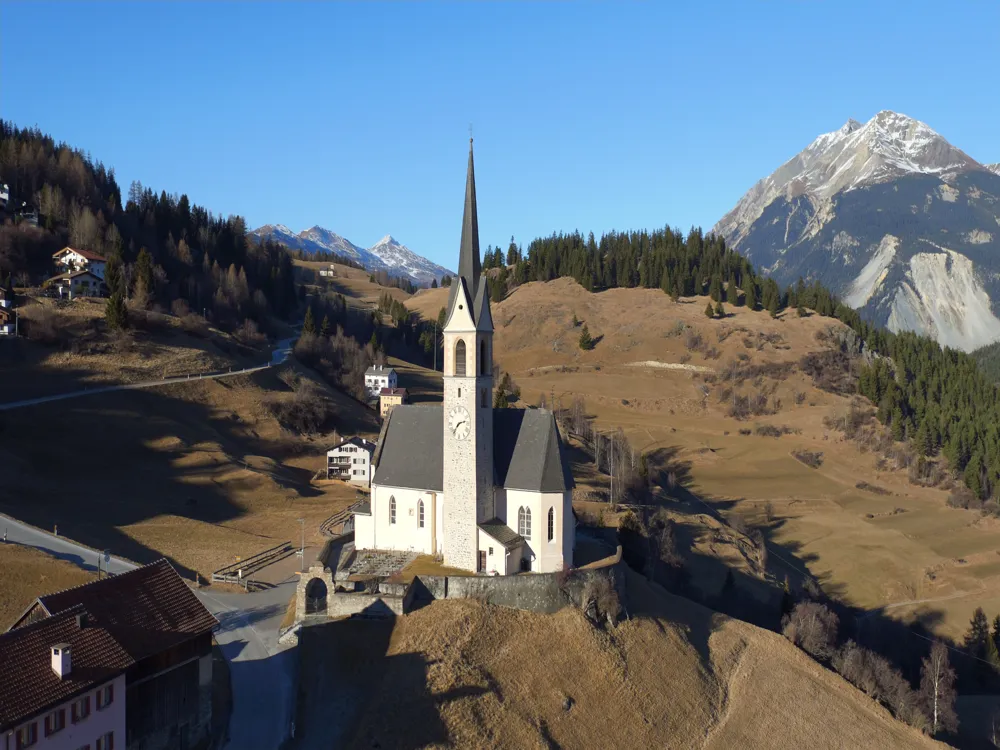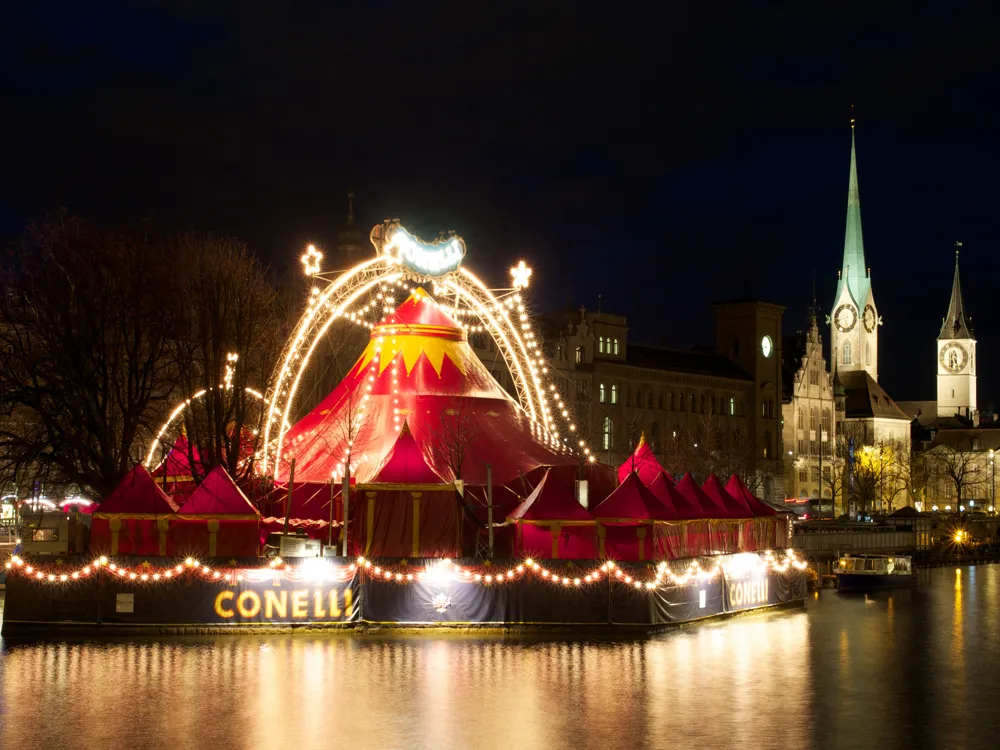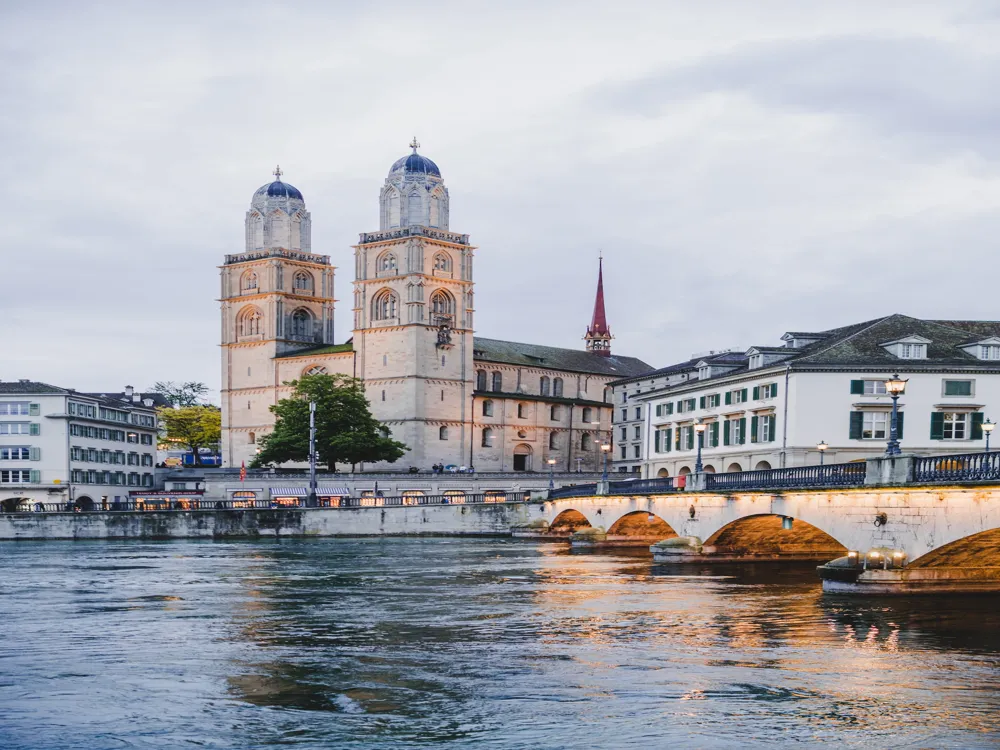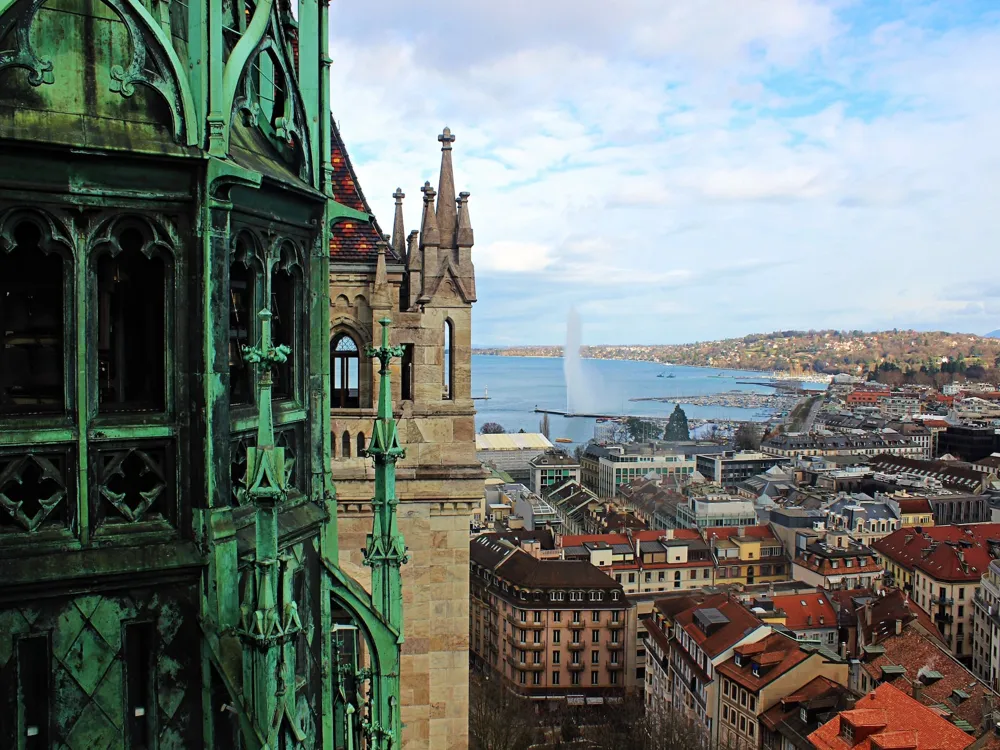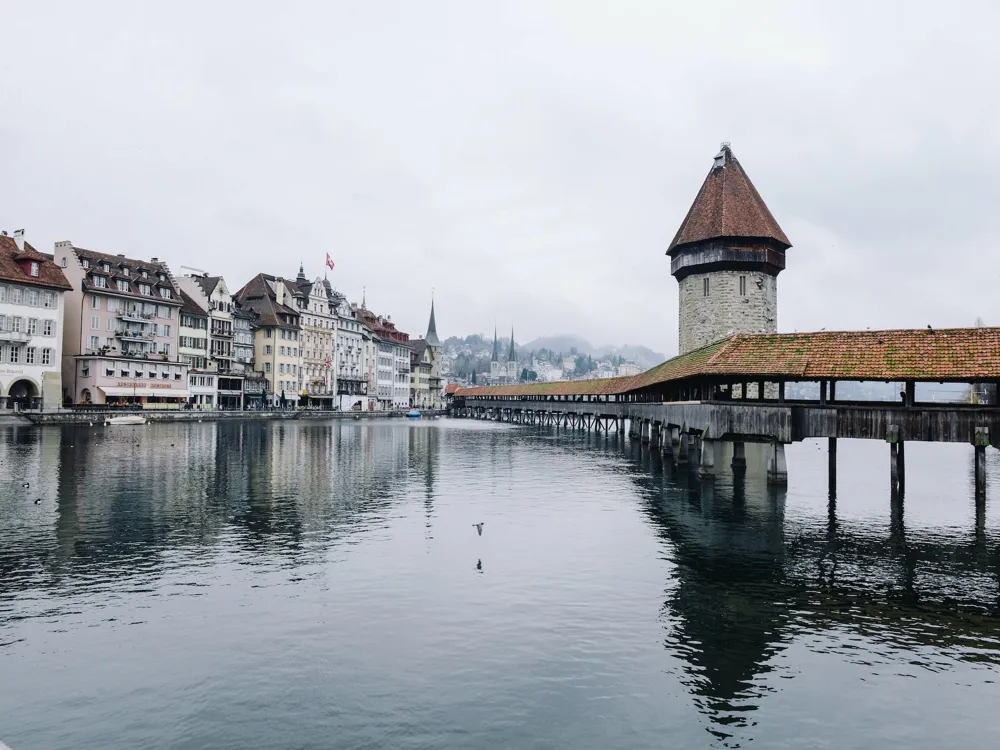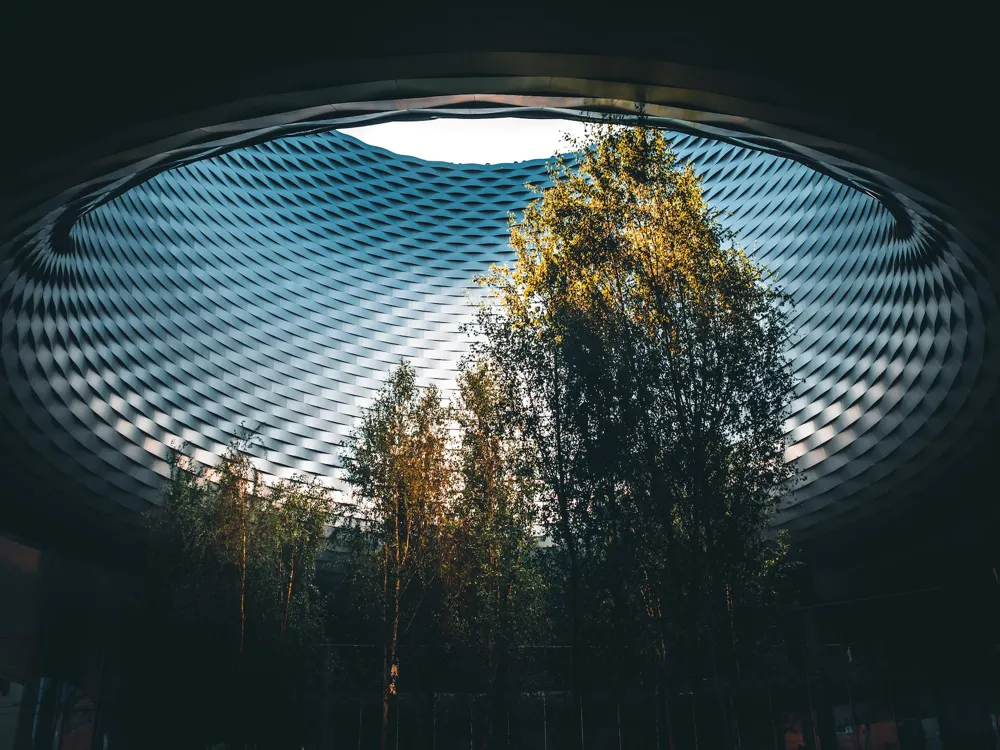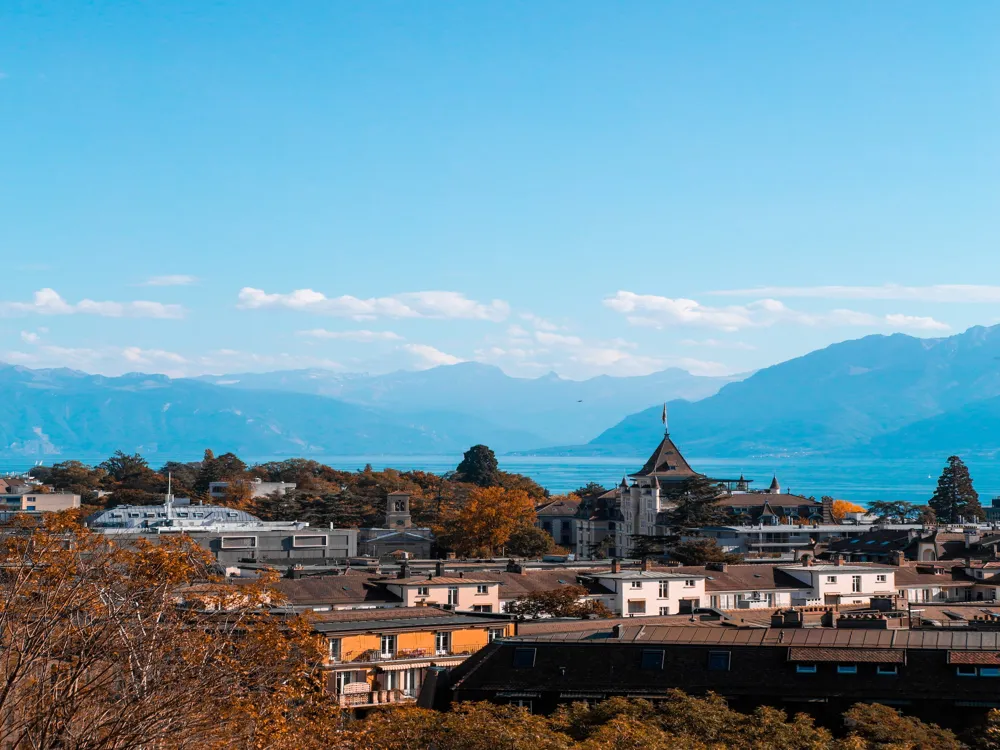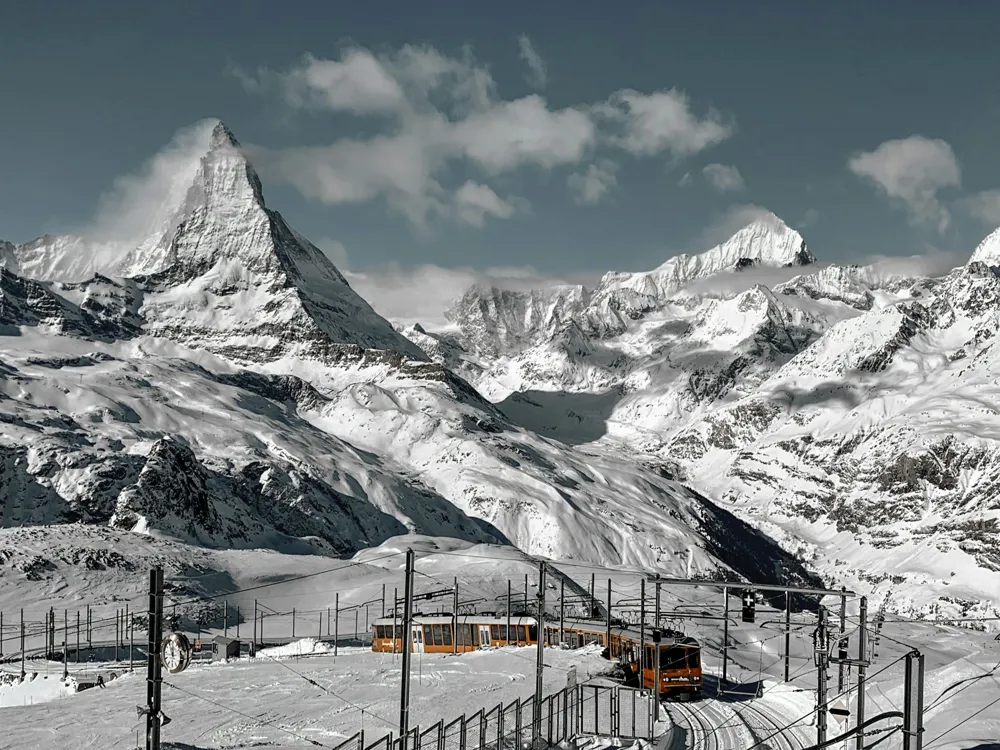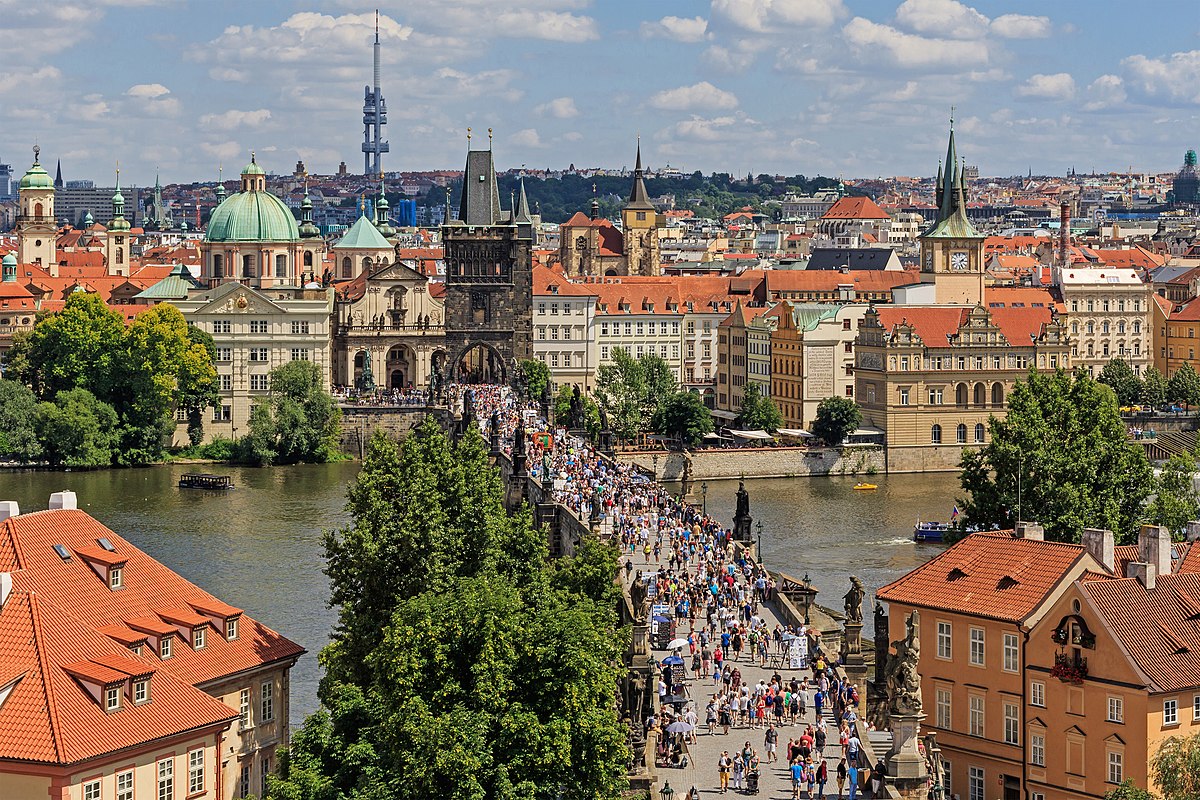What is the Best Time to Visit Switzerland?
Switzerland, known for its stunning landscapes and Alpine charm, offers varied experiences based on the season of your visit. Understanding the best time to explore this picturesque country ensures an unforgettable travel experience. April through October is the ideal season to visit Switzerland, while those who enjoy winter activities might prefer December through March. There are four unique seasons in the nation, and each has its charm.
Springtime brings Alpine blossoms, blossoming trees, and cows moving to pasture in March through May. Summery temperatures predominate in June, July, and August, which are the hottest months. Because of the high altitude, humidity is rarely an issue. There will be larger crowds because this is when both residents and tourists go to the lakeshores.
Winter sports, snow, and cold weather prevail from December to February, while the wine and fruit harvests take the front stage in the autumnal months of September through November.
More about the Best Time to Travel to Switzerland
Understanding Switzerland's distinct travel seasons is pivotal to planning an enjoyable and enriching trip. Let's delve deeper into Switzerland's travel seasons to help you plan your ideal Swiss getaway.The coldest and not the wettest months of the year are December and January. The Christmas markets in Switzerland's major cities are much more cheerful since there is often snow. Even if the temperature hovers around freezing, clear blue skies and a brilliant light that reflects off the snow are frequently experienced.Rainfall in the lowlands is most common in November and May. Owing to its position between the popular summer and winter seasons, many attractions have shortened hours during these months, and locals frequently go on independent travels.
Travel Peak Season in Switzerland
Switzerland's peak tourist season falls during the summer months, from late June to August. This period witnessed bustling cities, vibrant festivals, and warm, pleasant weather, making it ideal for outdoor activities and exploring the Swiss countryside.
-
Summer (June to August):
- Summer is a popular time for tourists in Switzerland, attracting visitors with its pleasant weather, outdoor activities, and stunning landscapes.
- The Swiss Alps are a major draw for hikers, mountaineers, and nature enthusiasts during this season.
- Cities like Zurich, Geneva, and Lucerne experience an influx of tourists exploring urban attractions and enjoying cultural events.
-
Winter (December to February):
- Winter is another peak season, especially in the Swiss Alps, known for its world-class ski resorts and winter sports activities.
- Popular destinations like Zermatt, Verbier, and St. Moritz attract skiers, snowboarders, and those seeking a winter wonderland experience.
- The Christmas and New Year periods see increased tourism, with festive markets, holiday events, and winter sports in full swing.
-
Key Features:
- Both summer and winter peaks coincide with school holidays in many countries, leading to increased family travel.
- The winter peak season sees a combination of winter sports enthusiasts and those seeking a magical holiday atmosphere.
-
Festivals and Events:
- Various festivals and events take place throughout the year, including the Montreux Jazz Festival in the summer and winter sports competitions during the winter months.
-
Swiss National Day (August 1st):
- August 1st is the Swiss National Day, celebrated with festivities, parades, and fireworks. Travellers visiting during this time can witness the national celebration.
Travel Offseason in Switzerland
The offseason in Switzerland, particularly during late autumn and winter, offers a quieter and more serene ambiance. While temperatures might be cooler, this time allows for immersive cultural experiences and an uncrowded exploration of Swiss attractions.
-
Spring (April to May):
- Spring is a transitional period, and while some mountain regions may still have snow, lower-altitude areas experience milder temperatures.
- Spring flowers begin to bloom, and outdoor activities such as hiking and cycling become more popular.
- This is a quieter time for tourism compared to the peak summer and winter seasons.
-
Autumn (September to October):
- Autumn is another off-season period when the summer crowds have dispersed and the winter season has not yet begun.
- Fall foliage in the Swiss Alps and lower altitudes is spectacular, offering picturesque landscapes.
- While temperatures can vary, autumn is generally a pleasant time for outdoor exploration.
-
Key Considerations:
- During the offseason, accommodation prices may be more affordable, and travellers can take advantage of discounts on hotels and activities.
- Popular tourist attractions and cities experience fewer crowds, providing a more relaxed and intimate experience.
-
Shoulder Seasons (Late Spring and Early Autumn):
- Late spring (late May to June) and early autumn (late September to October) are considered shoulder seasons, offering a balance between favourable weather and reduced tourist numbers.
- These periods allow for a variety of outdoor activities, including sightseeing, hiking, and exploring cultural sites.
-
Lake Geneva Region:
- The Lake Geneva region, including cities like Montreux and Lausanne, may see a quieter atmosphere during the offseason, making it an ideal time for lakeside relaxation.
-
Countryside and Villages:
- Off-the-beaten-path destinations and charming Swiss villages are particularly enjoyable during the off-season, offering a more authentic experience.
Switzerland Weather in Winter (November – February)
The winter in Switzerland varies across regions. In November, the country begins to embrace cooler temperatures, with higher altitudes experiencing the first snowfalls. December through February presents a magical winter wonderland, perfect for skiing, snowboarding, and enjoying cosy alpine villages.
Switzerland Weather in November
November marks the beginning of winter, with crisp weather and occasional snowfall, especially in higher elevations. It's an ideal time for enjoying scenic beauty and experiencing the onset of the festive season.
Switzerland Weather in December
December in Switzerland brings festive cheer and winter wonder, with cities adorned with lights and Christmas markets creating a magical atmosphere. Higher regions boast excellent skiing conditions, while lower altitudes enjoy holiday festivities.
Switzerland Weather in January
January invites winter enthusiasts to experience Switzerland's snow-covered landscapes and winter sports. It's a prime time for skiing, snowshoeing, and enjoying the picturesque charm of Swiss villages blanketed in snow.
Switzerland Weather in February
February is perfect for winter sports aficionados, with Switzerland offering top-notch skiing conditions and winter festivals. The Alps become a haven for snow activities, while cities maintain a cosy atmosphere for cultural exploration.
Switzerland Weather in Summers (March to June)
As spring transitions into summer, Switzerland welcomes warmer weather and blooming landscapes. March initiates the arrival of spring, witnessing the gradual transition towards milder temperatures and blossoming flora across the country.
Switzerland Weather in March
March marks the onset of spring, with temperatures gradually rising and nature coming to life. It's a delightful time to witness the landscapes awakening from winter and enjoy outdoor activities amidst the changing scenery.
Switzerland Weather in April
April brings milder and more pleasant weather across Switzerland. It's an ideal time for nature enthusiasts, with blossoming flowers and burgeoning greenery adding to the picturesque charm of the Swiss countryside.
Switzerland Weather in May
May signifies the arrival of warmer weather, especially in lower altitudes. It's a wonderful time for hiking, exploring Alpine trails, and experiencing the beauty of Switzerland's scenic landscapes in full bloom.
Switzerland Weather in June
June marks the beginning of summer, ushering in warm and sunny days across Switzerland. It's an excellent time for outdoor adventures, leisurely strolls, and embracing the pleasant temperatures in the Swiss cities and countryside.
Switzerland Weather in Monsoon (July – October)
Switzerland experiences a drier climate during the summer months. Coastal regions benefit from refreshing breezes, making them an appealing destination for travellers seeking both mountainous landscapes and lakeside relaxation.
Switzerland Weather in July
July in Switzerland signifies warm temperatures, especially in the lower regions. It's a popular time for outdoor activities, from hiking in the Alps to enjoying lakeside retreats and exploring vibrant cities.
Switzerland Weather in August
August continues the trend of warm and sunny weather, ideal for summer vacations in Switzerland. The countryside offers lush greenery, making it perfect for outdoor adventures and exploring nature.
Switzerland Weather in September
September marks the transition to autumn, with mild temperatures and scenic landscapes adorned in autumnal colours. It's a splendid time for hiking, enjoying cultural festivals, and savouring the beauty of Switzerland's fall foliage.
Switzerland Weather in October
October sees the onset of cooler temperatures and the arrival of autumn. It's a serene time for exploring Swiss towns, enjoying outdoor activities amid autumnal landscapes, and embracing the tranquilly of the Swiss countryside.
What is the best time to visit Switzerland?
The best time to visit Switzerland depends on personal preferences. Summer (June to August) is ideal for outdoor activities, while winter (December to February) offers skiing and snow sports. Spring (March to May) and autumn (September to November) are perfect for exploring cities and enjoying milder weather.
Do I need a visa to visit Switzerland?
It depends on your nationality. Citizens of some countries within the European Union and the Schengen Area might not require a visa for short visits, while others may need to apply for a Schengen visa. Check Switzerland's visa requirements based on your nationality before traveling.
What are the must-visit places in Switzerland?
Switzerland offers diverse attractions. Some top destinations include Zurich for urban experiences, Geneva for cultural richness, Lucerne for its picturesque charm, Interlaken for adventure activities, and Zermatt for views of the Matterhorn.
Is Switzerland safe for travelers?
Switzerland is known for its safety. It's generally a safe country with low crime rates. However, standard safety precautions like safeguarding belongings in crowded areas are advisable.
What is the currency in Switzerland, and can I use credit cards?
The official currency in Switzerland is the Swiss Franc (CHF). Credit cards are widely accepted in most establishments, but it's advisable to carry some cash, especially in remote areas.
What should I pack for a trip to Switzerland?
Pack according to the season of your visit. In winter, bring warm clothing and gear for snow activities. For summers, pack light layers, comfortable footwear for hiking, and sun protection.

